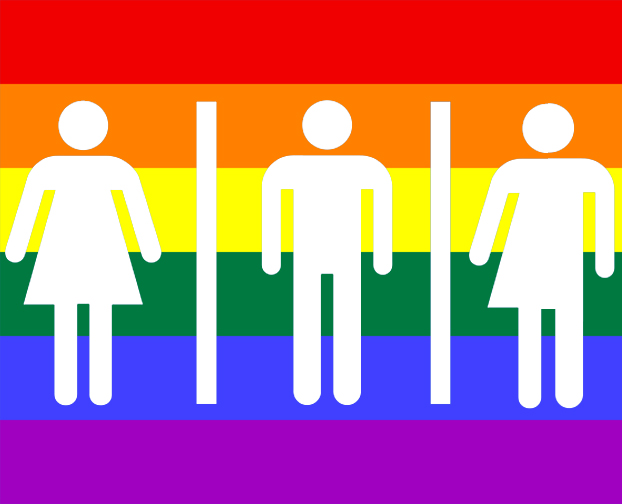Supreme Court Of India decriminalizes gay sex in landmark ruling on LGBT Community
The Supreme Court of India decriminalised homosexuality, a ruling which comes as a reprieve to millions of Indians, who have lived in the shadow of fear for as long as they can remember. “Section 377 is arbitrary. LGBT community posses rights like others,” Chief Justice Dipak Misra said in his judgement. “Majoritarian views and popular morality cannot dictate constitutional… Read More »

The Supreme Court of India decriminalised homosexuality, a ruling which comes as a reprieve to millions of Indians, who have lived in the shadow of fear for as long as they can remember. “Section 377 is arbitrary. LGBT community posses rights like others,” Chief Justice Dipak Misra said in his judgement. “Majoritarian views and popular morality cannot dictate constitutional rights.” Historic Judgment The judgement is being held as historic by the civil society as...
The Supreme Court of India decriminalised homosexuality, a ruling which comes as a reprieve to millions of Indians, who have lived in the shadow of fear for as long as they can remember. “Section 377 is arbitrary. LGBT community posses rights like others,” Chief Justice Dipak Misra said in his judgement. “Majoritarian views and popular morality cannot dictate constitutional rights.”
Historic Judgment
The judgement is being held as historic by the civil society as the apex court has for the first time ruled in favour of same-sex relationships. A five-judge constitution bench concurred on the matter and presented their opinion with various philosophical and constitutional rationale.
- CJI Dipak Misra, speaking for himself and Justice A M Khanwilkar, says denial of self-expression is akin to inviting death.
- Section 377 of IPC was a weapon to harass members of the LGBT community, resulting in discrimination.
- Any kind of sexual activity with animals shall remain penal offence under Section 377 of the IPC.
- SC partly strikes down Section 377 as violative of the right to equality.
- IPC’s Section 377, which criminalises consensual unnatural sex, irrational, indefensible and manifestly.
Section 377 of the Indian Penal Code is a colonial-era law that prescribes severe penalties for anyone who “voluntarily has carnal intercourse against the order of nature with any man, woman or animal”. The law was rarely enforced, yet LGBTQ activists say it effectively rendered an entire section of Indian society invisible and left them vulnerable to police harassment.
What lies ahead
As supporters celebrate the decision, activists will now be shifting focus to the broader issue of equality.
“The next step is to start looking at issues of rights. Right now, it is just decriminalizing,” Anjali Gopalan, founder of the Naz Foundation, which has spearheaded the fight against Section 377, told CNN.
“The right that every citizen of the country should have access to and should not be taken for granted. Like the right to marry, the right to adopt, the right to inherit. Things that no one questions and that are clearly denied to a certain section of citizens.”
Wakeman Neutron
Sources
- Huffington Post
- CNN
- The Hindu
Click Here for more Articles.
Click Here to write your own Blog/Article on Legal Bites
Admin Legal Bites
Legal Bites Study Materials correspond to what is taught in law schools and what is tested in competitive exams. It pledges to offer a competitive advantage, prepare for tests, and save a lot of money.
Related News

